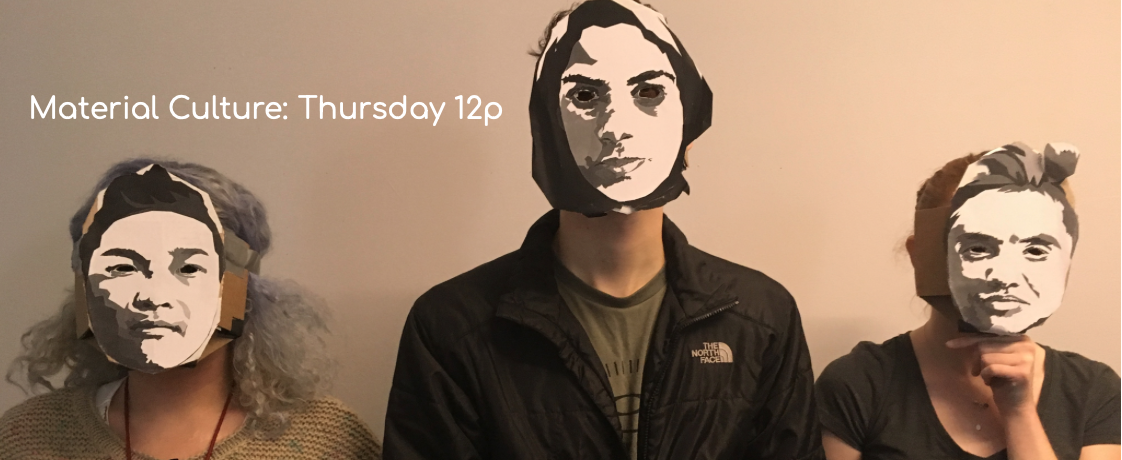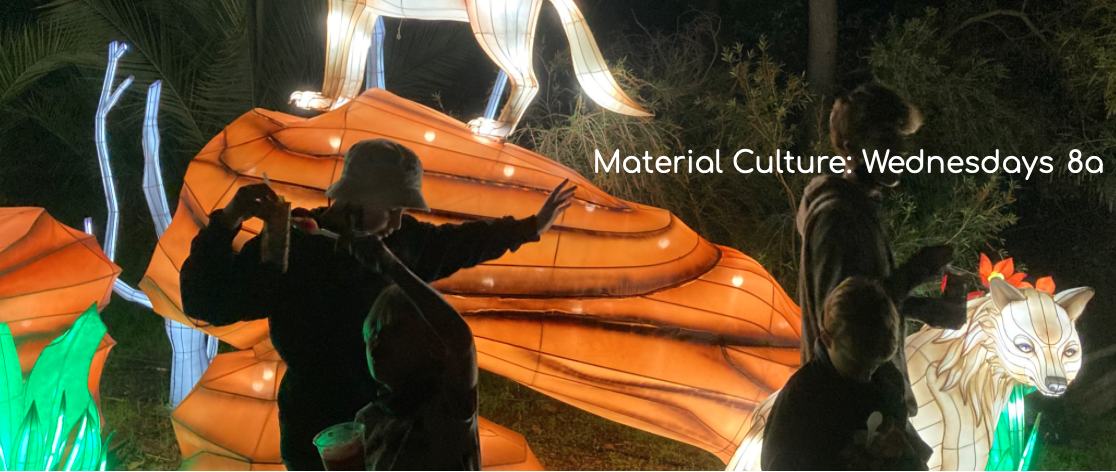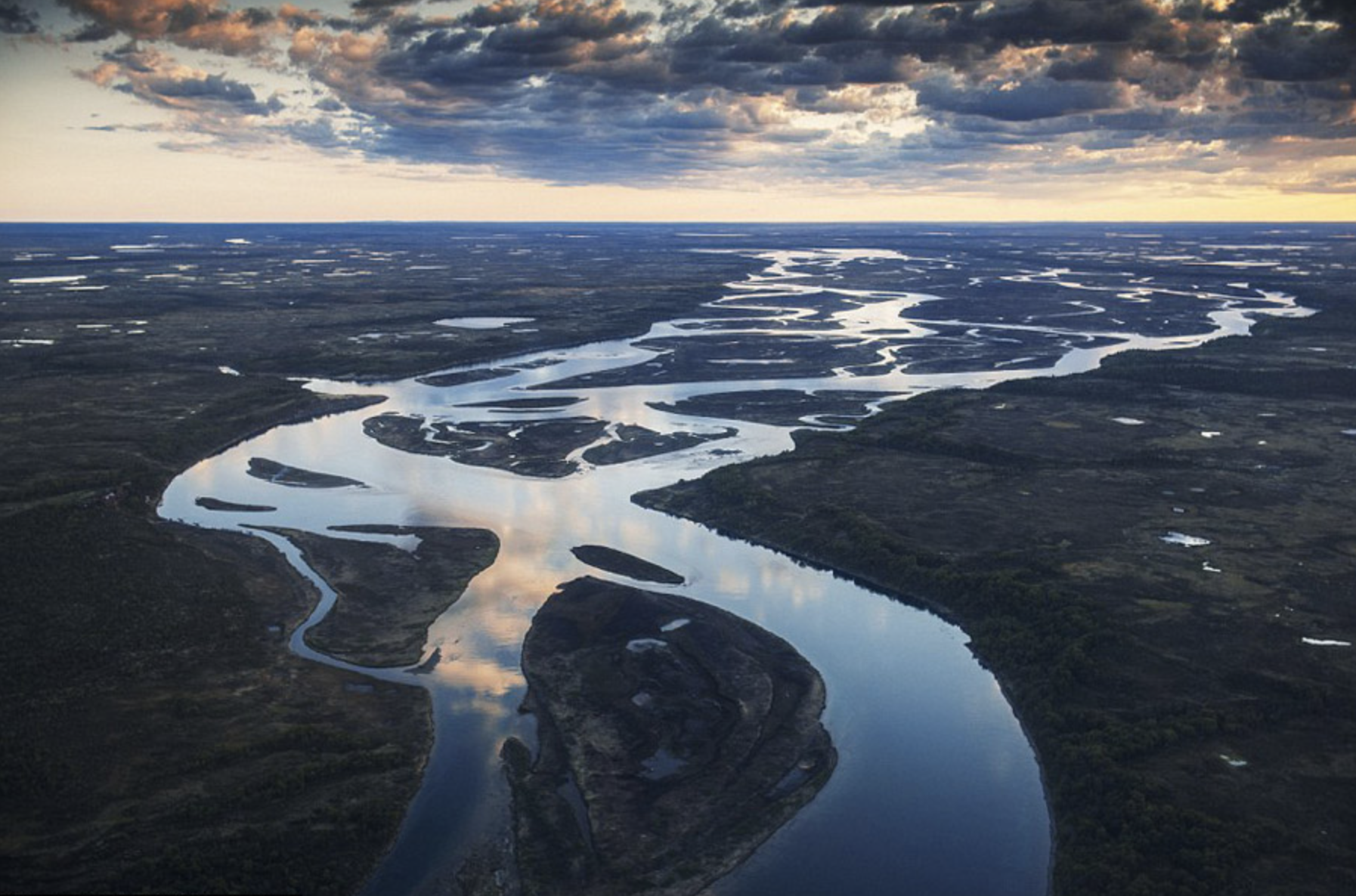- Instructor: Juliet Kunkel

- Instructor: Saraleah Fordyce
This course introduces key concepts in critical theory and decolonial thought that enable us to ‘read’ our world in activated ways. Students will hone their perceptive practice of key concepts, using creative writing as strategy. Through an exploration of art, literature, film, and song, we will reflect on the following questions: What does an approach relying on oppositional yet collective practices offer to a rethinking of our social relations? How do the aesthetics of art, the word, music, and film enable new reflections on movement and liberation? What contestations might such reflection offer in relation to race, class, gender and culture?
Foundations in Critical Studies introduces critical thinking skills essential to college-level work in the humanities and sciences. Students develop their critical capacities through close reading and active response to cultural texts and phenomena drawn from multiple disciplines and reflecting diverse perspectives on major themes or topics in contemporary life. Critical thinking is the active, persistent, and careful consideration of a belief or form of knowledge, the grounds that support it, and the conclusions that follow. It involves analyzing and evaluating one’s own thinking and that of others. This course will focus on developing the critical thinking skills needed to prepare for and engage meaningfully in college-level seminar discussion.
In order to develop our critical thinking skills we will discuss a range of ideas, perspectives and materials thematically organized by the broad topics oriented by a dialectical approach to our world and to history. Assuming that the world is in constant motion where contradictions abound, we will examine concepts in critical theory and decolonial thought that afford us insights into the contested terrains of race, gender, class, climate, and the formation of social hierarchies.
This course explores the many ways in which changes in perspective may let us re-think, re-see, and re-make our world (or discover other worlds). We will explore the meanings that arise from shifting our perspectives and relationships to structures both great and small, from the personal to the political, from the cultural to the social, from the sciences to the arts.
- Instructor: Rekia Jibrin
- Instructor: Praba Pilar
- Instructor: Julian Carter
- Instructor: Christina La Sala
- Instructor: Praba Pilar
- Instructor: Juliet Kunkel

- Instructor: Saraleah Fordyce

Through research, writing, and discussion, this course examines the nature of identity from multiple perspectives. Course topics will range from understanding aspects of gender, racial, and sexual identity-making, social forces, and power dynamics. We will use the metaphor of crossroads to bring different points of view from scholarly voices in the field of humanities studies to help develop nuanced and greater understanding to core aspects of our lived experiences. During this course we will examine a wide range of writing that draws extensively from feminist, anti-racist, and indigenous perspectives to explore the multitude of ways that identity takes shape in society. Our work at the crossroads serves to expand conceptualizations and to create a space of greater understanding.
This course meets in-person on Mondays from 8:00-11:00AM at the Main Bldg: 102 B
(Course image is of Kvichak River in Southwestern Alaska. Image credit: Design Pics Inc. Image description: an overhead view of a river with many branches and innumerable intersections spanning out to the horizon and reflecting the setting sun)
- Instructor: Ginger Mueller-Testerman
